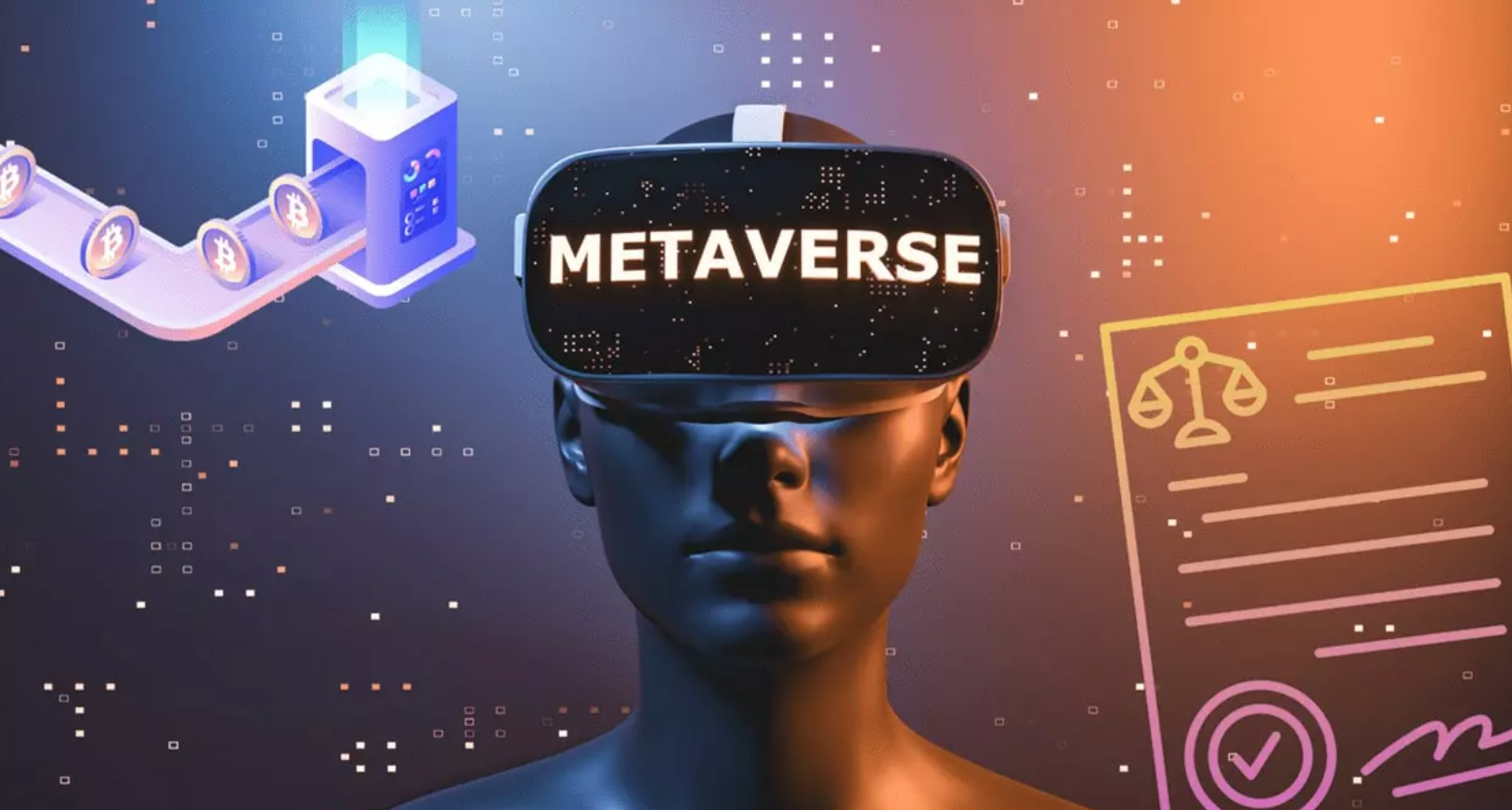The great revolution of the coming years already has a name: metaverse. Latin America needs to jump on the bandwagon in time and in a convenient position to avoid being relegated to the periphery of the new map, as has happened repeatedly in the past.
If the First Industrial Revolution can be distinguished from the Second in the field of material production, the same applies to digital production. It is worth distinguishing the different stages: the first digitization in the 1950s and 1960s of the 20th century, the conception of the Internet in the 1970s and 1980s, the massification from the 1990s to the mid-2000s, and the flourishing of smartphones, social networks, and e-commerce during the last fifteen years. In this framework, the metaverse will possibly mean the entry into a much more transformative stage of our way of life.
The metaverse is the fusion of the real world with the virtual world far beyond what is known today. If up to now we have incorporated some virtual applications into our material universe, the metaverse will consist of the reverse process: we will be the ones who will integrate ourselves into multidimensional virtual spaces of augmented reality.
The challenges are countless and going through some of those faced by Latin America will give us an idea of the dimension of the issue and, therefore, of the dimension of the effort that the countries of the region must make if they do not want to be relegated to the periphery of the virtual universe.
The development of the metaverse is for the moment in private hands and everything seems to indicate that this will continue to be the case. These companies will be even more powerful both in terms of their economic power and the quantity and quality of information they will handle on citizens, other companies, and the States themselves, with a great capacity to influence their governments, agencies, civil organizations, and other actors and public decision-making bodies.
It is well-known what happened in Latin America in the 1980s when large private transnational conglomerates were encouraged to operate under minimal State regulation. It is well known, therefore, that regulation is essential. And not only for Latin America: Europe itself is already facing the challenge of legislating on the metaverse. In fact, the initiative is not being taken by individual countries, but by the European Union. The sooner Latin American regional integration mechanisms take note of this, the better.
The power of the companies operating the metaverse is only one area of many that will require legislation. Because not only they will be able to take advantage of and eventually abuse their advantages. And it is impossible to foresee the opportunities that the metaverse will open up, for example, in the field of politics. Will virtual political parties be created? Will there be virtual people? Will there be deliberative processes in multidimensional spaces? Or perhaps hologram candidates, directed by algorithms?
From the citizen’s point of view, how will their identity be protected if their (semi-)virtual nature makes it possible to hack into their own bodies and remotely alter their wills? What forms of virtual citizenship will they be entitled to? Who will be excluded from such citizenship and by virtue of what criteria? How will issues that have not even been properly organized in the material world be articulated in a virtual space?
It is foreseeable that Latin America will not be (at least initially) at the forefront of innovation, for a simple question of technological path dependence. Consequently, it will have to import both the technology and the rules governing it from the vanguard countries and will have to adapt these rules to its circumstances. Will European, American, Chinese, or Russian principles be valid as an ethical, moral, and legal foundation for the Latin American virtual society?
The question is not a minor one: the denunciation of the spiritual, ideological, and intellectual colonialism of the West (as the center) over Latin America (as the periphery) has marked the discourse of the region for decades. It would be a bad matter if in the future, despite the warning, Latin America were to return to importing and imitating foreign ethical and legal codes which it would end up disowning in a victimizing tone after some time.
At the national and regional policy level, the metaverse is expected to generate numerous jobs. But it will do so in the countries where the development companies decide to set up. In the jargon, these places are called metacountries, “target countries”. What will be the first Latin American metacountry, and will this new opportunity generate any cooperation or competition among the countries of the region? On the other hand, as these jobs are created, mostly for software engineers, it is likely that technologization will eliminate traditional jobs. How will Latin American states prepare for this?
As far as international politics is concerned, the metaverse will plunge us into virtuality, but the data that give it substance circulate through physical cables. These are immense arteries stretched out on the seabed, mirroring in the ocean depths the geopolitical dynamics of the mainland. The logic has been known since antiquity: controlling the passage of a strategic route is a source of invaluable geostrategic power. Examples abound: the Bosphorus and Dardanelles straits to cross from the Mediterranean to the Black Sea; modern canals, such as the Suez Canal, or in Latin America, the Panama Canal.
The same applies to the data pipelines that carry digital information from one end of the world to the other. The competition is ongoing and is, like the metaverse itself, multidimensional: which private company builds them, which State is behind them, for what reasons they open or close the byte tap, what capacity each country has to continue functioning if a rival State obstructs the pipes in its power. And there is more, because piracy, older than the Bosphorus, has its adaptation to the digital context: submarine cables are geostrategically sensitive infrastructures, subject to the risk of espionage and sabotage.
Latin America must make decisions, but it lacks the scientific-technological and economic power to lay its own cables. To which companies will it entrust the deployment of the fibers that will keep it connected? What guarantees will it have to ensure the privacy of citizens and the State?
The metaverse is approaching at full speed. There is no time to lose. What Ortega y Gasset ordered to the Argentines, let us now order to the rulers of the whole region: Latin Americans, to things.
Translated from Spanish by Janaína Ruviaro da Silva













